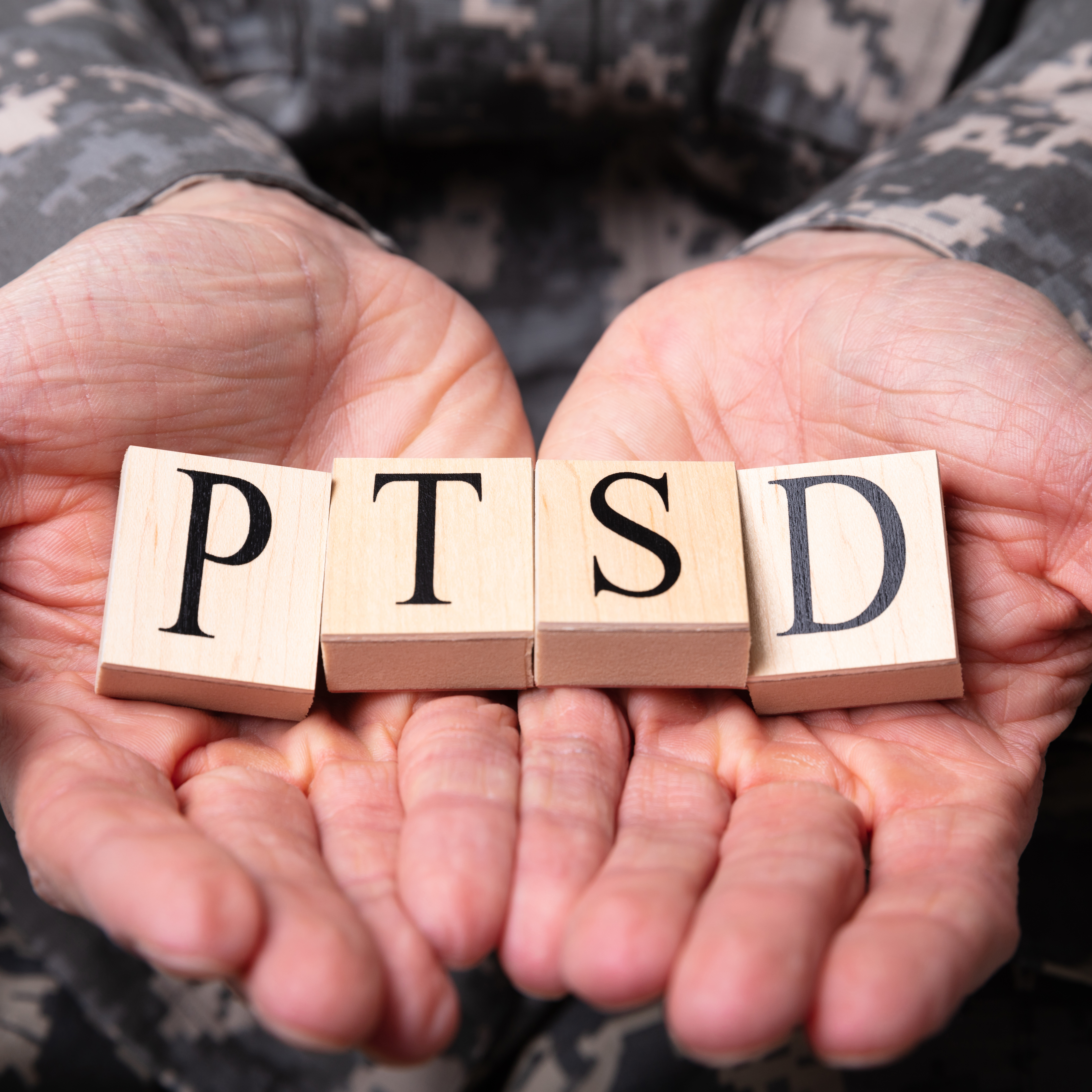
Why do some people develop symptoms of PTSD while another person who may have experienced a very similar trauma doesn’t?
People are different and what seems like the same experience can be very different for different people. We know there are some biological factors that put people at a higher risk of PTSD. In addition, people who avoid thinking about the trauma or talking about the trauma and those who avoid people, places, and things associated with the trauma are at a higher risk of experiencing PTSD over time. Finally, we know that how people view themselves and their trauma can affect their risk of experiencing PTSD.
About the author: Sheila A.M. Rauch, PhD, ABPP
Sheila A.M. Rauch, PhD, ABPP, is the Deputy Director of the Emory Healthcare Veterans Program and Director of Mental Health Research and Program Evaluation at the VA Atlanta Healthcare System. Dr. Rauch has been developing programs, conducting research and providing PTSD and Anxiety Disorders treatment for over 20 years. Her research focuses on examination of mechanisms involved in the development and treatment of PTSD and improving access to effective interventions.

